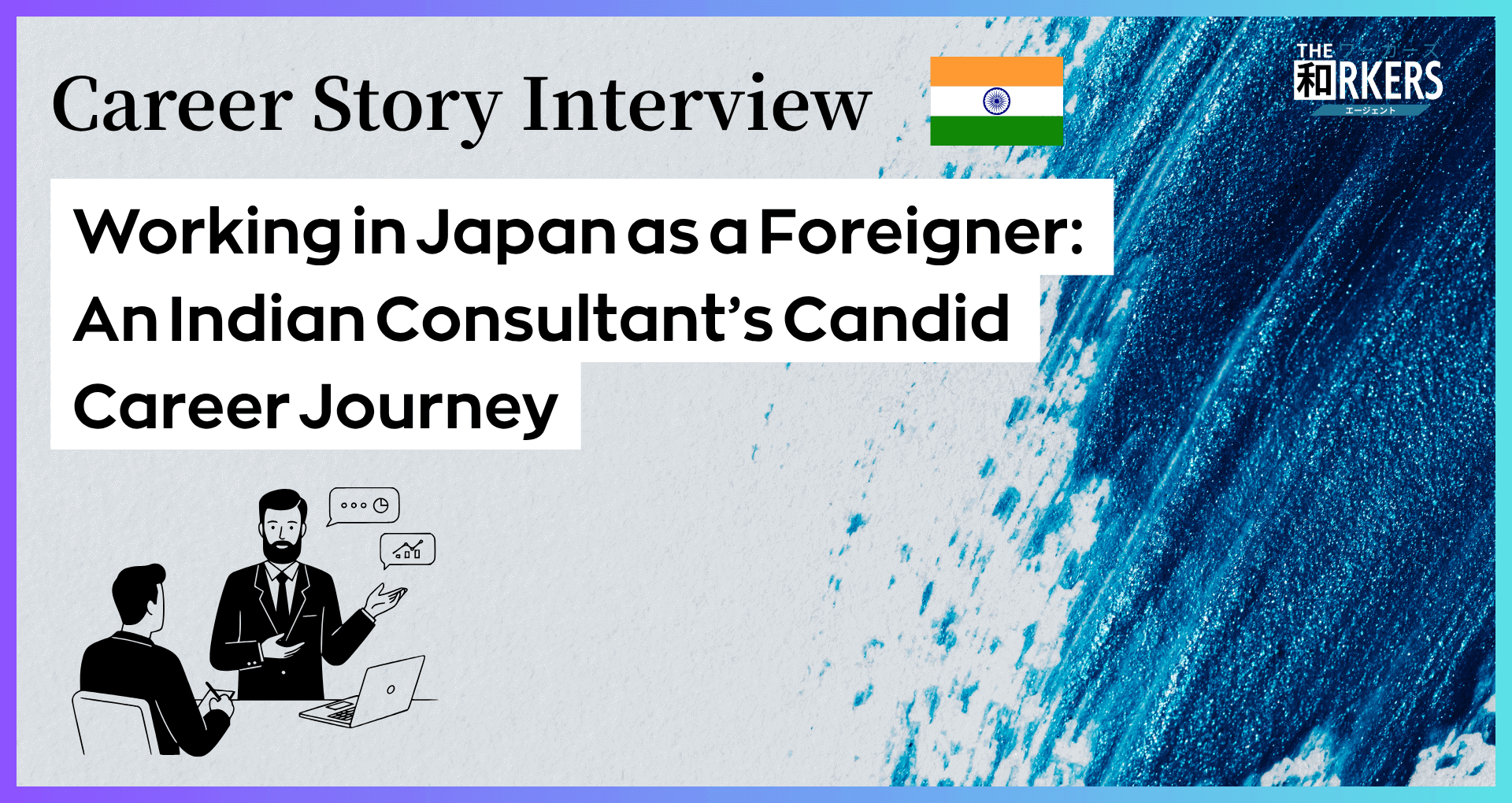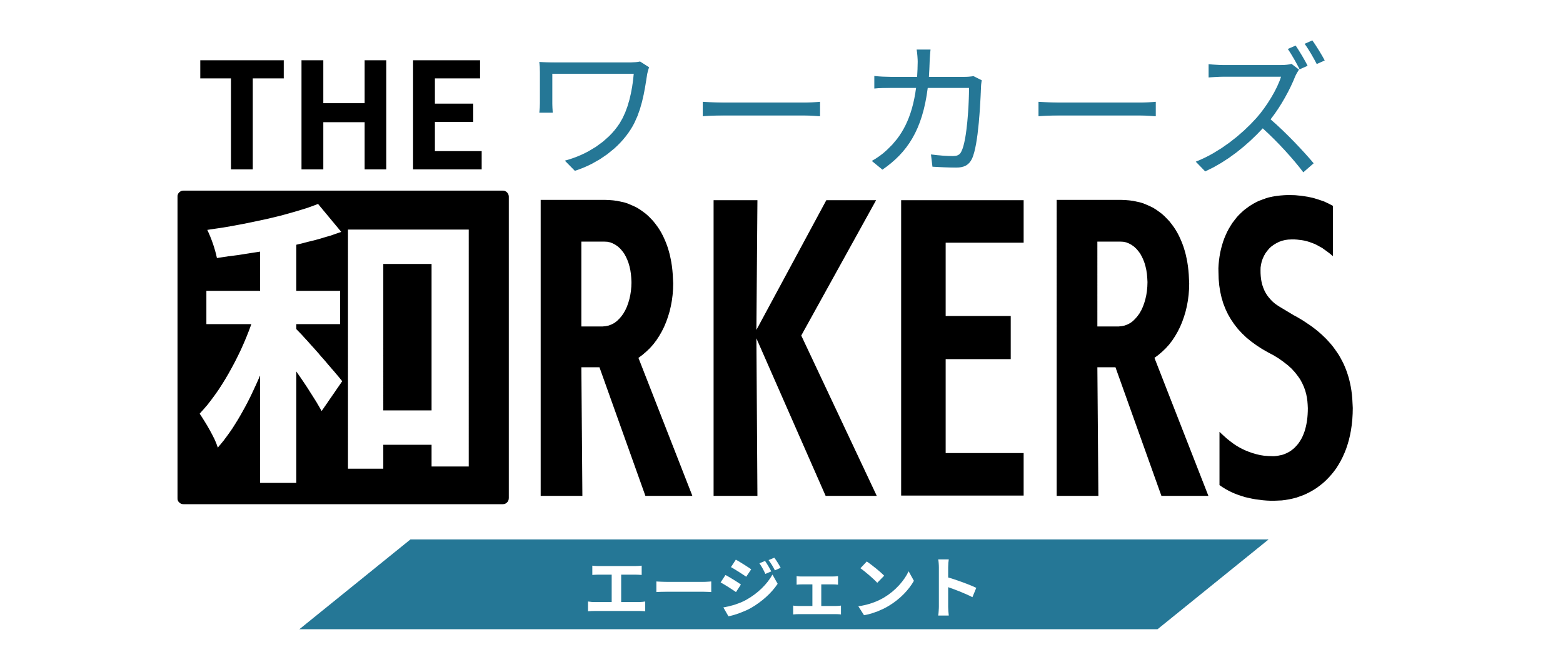Working in Japan as a Foreigner: An Indian Consultant’s Candid Career Journey

Curious about what it’s really like to build a career in Japan as a non-Japanese professional? In this honest interview, an Indian-born consultant shares his journey from engineering roles to IT consulting and strategy, revealing the challenges of language, culture, and career pivots along the way.
Building a Career in Japan: From India to Consulting and Beyond
— Could you start by telling us about your background?
I majored in Electronics Engineering at a university in India and graduated from there. While I was in college, I joined a program that supported finding jobs in Japan, and I did interviews online from India. As a result, about seven companies expressed interest in meeting me in person. I stayed in Tokyo for about a week to do face-to-face interviews with several companies. In the end, I received a job offer from a systems development company and decided to join them.
I worked there for about two and a half years as a backend engineer. On my last project, I joined a project for a client in Singapore, working as a bridge engineer handling requirements definition in both Japanese and English. I found that role extremely rewarding and realized I wanted to do more of that kind of work. However, opportunities for such projects were quite limited at that company.
Around that time, I spoke with someone from a Japanese IT consulting firm whom I had met through playing cricket on weekends—a personal hobby of mine. When I explained what I was looking for, they told me their company had exactly that kind of position and introduced me to it. Through that connection, I changed jobs to the IT consulting company and worked there for about two and a half years as a business analyst. In that role, I handled work that was like a bridge between teams and close to IT consulting, with a lot of coordination and management tasks involving overseas stakeholders, which suited my interests very well.
While I was there, I also attended events focused on strategy consulting and management consulting, which made me strongly want to try working in those areas next. However, at the time my Japanese skills weren’t strong enough, so I decided to focus on improving my Japanese first.
After that, I spent about a year working in customer success for the Asia-Pacific region at a SaaS company. Currently, I’m working at a consulting firm established by a large business group, where I’ve been for about one year.
— Had you been studying Japanese before coming to Japan?
Yes, I had. At university, we had basic Japanese classes, about 50 hours in total. It was introductory content like greetings and self-introductions, but I really enjoyed learning it.
Basically, I studied on my own. I taught myself up to about N5 and N4 levels, and then for N3 I got some support through the job placement program I mentioned earlier.
— Your spoken Japanese is excellent. Do you have the N1 certificate now?
I have N2 at the moment, but I haven’t tried for N1 yet. Honestly, I don’t think certificates matter much when it comes to speaking ability.
When I was in India, I studied up to N3, but there were almost no people around me who spoke Japanese. Coming to Japan really made the difference. At my first company, everything—including the daily morning meetings—was in Japanese, and I was constantly exposed to the language through things like train announcements and daily conversations. Over time, I naturally picked it up.
From my experience, even if you get the certificate while overseas, your actual conversation skills don’t improve that much. Being in Japan and using it every day is what really helped me.
— I see. So was it those Japanese classes at university that first sparked your interest in Japan?
That’s right. Having the opportunity to learn Japanese at university was what first got me interested in Japan.
Adapting to Working Life in Japan: Challenges and Enjoyable Moments
— When you were working as an engineer, was there anything especially memorable or particularly challenging?
The most memorable experience was definitely my very first morning meeting.
When I joined the company, I was quite confident, thinking, “I have N3, so my Japanese should be fine.” But on the very first day, I realized I could barely understand anything being said in the meeting. The Japanese used in actual work was completely different from the everyday conversation vocabulary you study for the JLPT. There were so many technical terms, and I realized that all the studying I’d done up to that point wasn’t nearly enough. I’d say I understood maybe 10% of that first meeting.
On top of that, the manager at the time spoke incredibly quickly. As someone who had just joined, I felt too embarrassed to ask, “Could you please speak a little more slowly?” I struggled a lot with what to do. But I started listing all the new words I heard each day in an Excel sheet, and I’d study them so I could understand a bit more the next day. That way, little by little, I expanded what I could follow.
Another thing that was tough was writing code comments. Since it was team development, there was a rule that all comments had to be in Japanese. Writing them myself was difficult, but even reading other people’s comments was intimidating at first. Back then, Google Translate wasn’t as good as it is now, so I often had to guess at the meaning while trying to understand.
Nowadays, AI translation has advanced so much, and document translation tools have gotten really convenient. I think it’s a much more supportive environment now compared to back then.
— On the other hand, what are some of the fun or enjoyable experiences you’ve had in Japan?
At my first company, I had colleagues from the U.S. and China who joined at the same time as I did, and it was really nice that we became friends so quickly. It was fun to help each other out as fellow foreign members, and to share and talk about our different cultures.
Another big thing for me personally was cricket. I’ve played cricket since I was a child, so when I moved to Japan, I really wanted to keep playing. But honestly, I wasn’t sure if it would even be possible here. When I arrived and found out there were actually cricket clubs in Japan, I was really surprised.
On my very first weekend in Japan, I went straight to a cricket ground. That experience made me feel, “If I can keep playing cricket here, I can really see myself living here long-term.” Since then, I’ve been playing pretty much every week. The social connections through cricket have been really important, too. The club I belong to also organizes events and does activities like introducing cricket to Japanese schools. Experiences like these have really helped make my life in Japan more fulfilling.
Strategic Career Move: From IT Consulting to Customer Success
— You mentioned you joined your second IT consulting company through a connection you met playing cricket. But for your third job, in customer success at the SaaS company, was that a more typical job change?
Yes, that’s right. At the time, I was already interested in strategy consulting, but I also felt it might be a bit too ambitious to jump straight into that. So I took some time to really think about what kind of work I wanted to do.
What I was especially interested in was a role that sits between the customer and the development team—like a product manager or customer success. In fact, at that third company, I did a lot of work that was similar to product management, like prioritizing which features should be developed. In that sense, I felt customer success was a really good fit for me.
I made that career move through a recruitment agent who reached out to me on LinkedIn.
My Current Role in Strategy Consulting: Challenges and Learnings
— How did you end up joining your current consulting firm?
I used a recruitment agent for that, too.
Actually, it was a company whose ads I often saw on YouTube, so I thought, “Why not just try talking to them?” and registered with them—that’s how it all started.
— How has your experience been at your current job?
My previous client was in a very multicultural environment, so I could communicate fairly smoothly, even mixing in English when needed. But the client I’m working with now is a very traditional Japanese company, and I really feel the communication style and culture are completely different. That’s something I’m currently working hard to adapt to.
Specifically, with my previous client, things were quite flexible—I could just talk to people directly, solve problems on the spot, and take immediate action.
In contrast, with my current client, there’s kind of a “wall” in between. It’s often hard to speak with people directly, and coordination tends to take much more time.
As a consultant, I believe it’s important to move faster than a typical employee and deliver value quickly. But in this environment, I sometimes feel like I’m not able to do that as well as I’d like. I don’t see it as a problem with the client so much as a personal challenge for me—figuring out how to break down those walls and build stronger trust and relationships.
— By the way, what kind of project themes are you currently working on?
Right now, my client is in the TMT sector—Technology, Media, and Telecommunications—and I’m working on a project that also involves coordination with government stakeholders. This project has been going on for about a year.
— On the other hand, now that you’ve started doing more strategy consulting work, how are you finding it?
It’s definitely interesting. But to be honest, I wouldn’t say I’m able to do 100% of what I want to be doing.
In my current project, there’s a heavy focus on project management tasks—probably around 80% of the work is PMO-type activities.
Of course, project management is important and rewarding in its own way, but the strategy-focused work feels like less than half of what I do. Ideally, I’d really like to work more on projects where I can think deeply about strategy and make solid proposals.
— Are there many other non-Japanese members at your current firm?
Not really. There are only a few people from overseas—just a couple of colleagues from China and Korea. Overall, the number of non-Japanese members is quite small.
Looking Ahead: MBA Plans and Advice for Others
– What are your future career plans?
I’m currently considering pursuing an MBA overseas, and I’ve received offers from several well-known European MBA programs. Right now, I’m seriously evaluating which one to choose.
— I see. So your plan is to do an MBA and aim for a truly top-tier strategy consulting firm, like one of the MBB?
Yes, that’s my main plan. I want to use the MBA to really sharpen my skills and then take on the challenge of joining a top-tier strategy consulting firm.
That said, I’m also thinking about a backup plan. It’s not fully defined yet, but I’m considering a potential career at a major Japanese trading company (sogo shosha) or working at one of their overseas offices. I’ve been researching what kinds of roles and positions exist in those companies to keep my options open.
I also feel that the overall consulting market has gotten a bit tighter, especially in Europe. There are still opportunities—for example, new office openings in Southeast Asia—but overall the future feels a bit uncertain. That’s why I want to make sure I’m prepared with both a main plan and a solid backup.
— Finally, do you have any advice or message for other non-Japanese professionals currently in Japan who are hoping to advance their careers?
Sure. First, I think it’s important to recognize that studying Japanese is something that never really ends. There’s no point where you can say, “Okay, that’s enough.” You keep encountering new expressions and vocabulary every day. And especially if you’re aiming for consulting, the language you use can change a lot depending on the industry and the client. That’s why I think it’s so important to maintain a mindset of continuous learning.
The second thing is building strong relationships. If you want to get on good projects or expand your career in consulting, your relationships with managers and engagement managers are absolutely crucial.
Honestly, it’s something I feel I could have done better at in my current company. That’s why I want to encourage anyone aiming for this kind of career to really focus on building those human connections and relationships.
\Software Engineers, IT Consultants, Data Scientists…/

Non-Japanese and aiming for a top-tier job in Japan?
Get in touch with THE 和RKERS Agent today.



Software Engineers,
IT Consultants,
Data Scientists…

Non-Japanese and aiming for a top-tier job in Japan?
Get in touch with THE 和RKERS Agent today.
